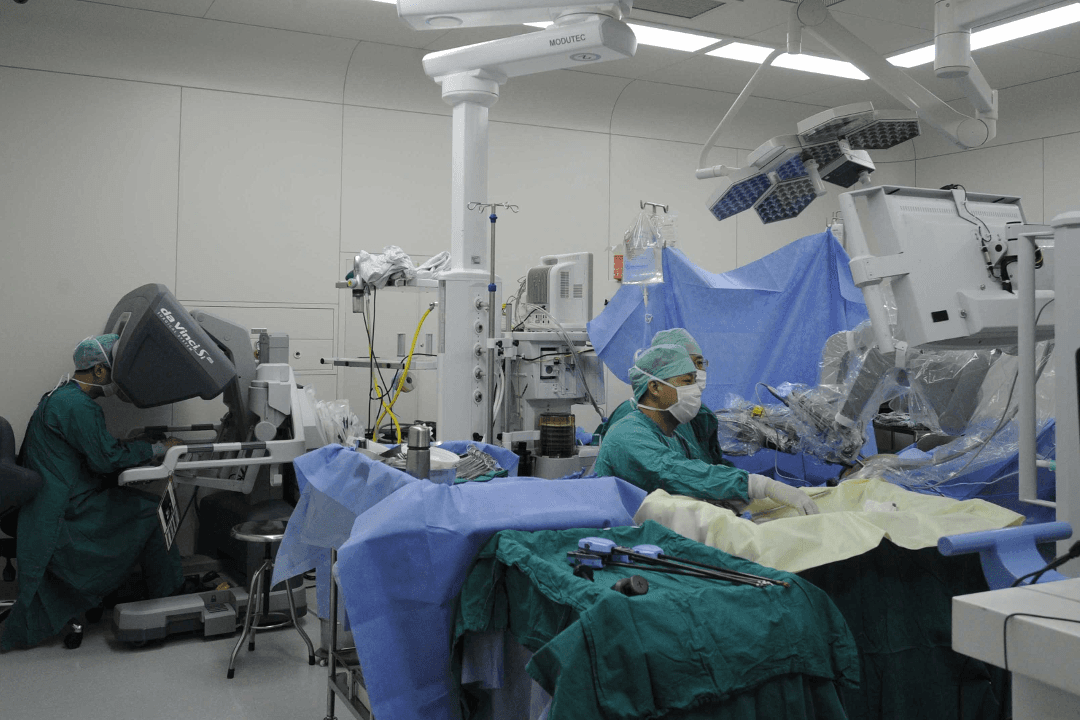Medical treatment, education, and housing are considered the “top three burdens” in today’s China. Wang Jian, chairman of the board at China’s BGI Group, a renowned genome sequencing company in Shenzhen, revealed that “about 60 percent of (terminally ill) Chinese spent 60 percent of their life savings in their last 28 days on medical treatment.”
During a recent interview with Phoenix TV, a Hong Kong-based Chinese-language broadcaster tied to the Chinese government, Wang explained that the data was collected by China’s medical network and believes it truly reflects the current situation.






